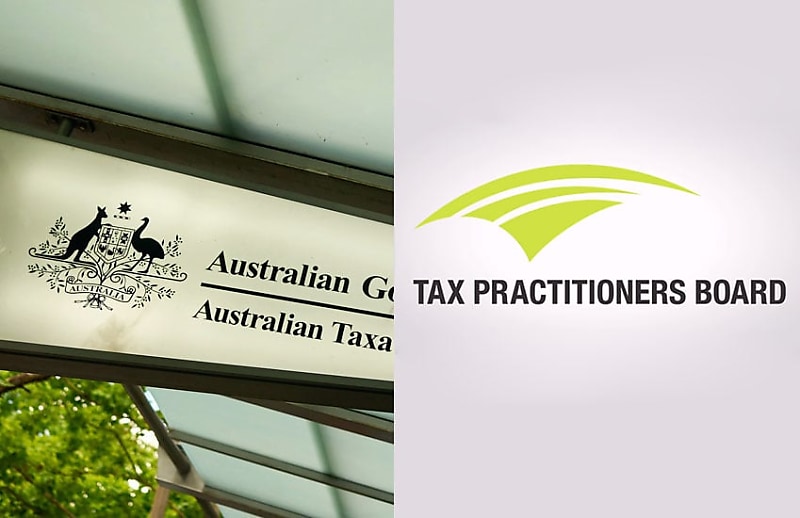TPB releases guidance on planning for practitioner incapacity
BusinessThe guidance is aimed at assisting practitioners to put arrangements for unforeseen circumstances in place.

The Tax Practitioners Board has stressed the importance of practitioners having a plan in place if they become incapacitated in recently published guidance.
The guidance said that practitioners can become incapacitated due to an unforeseen event such as a health condition, which prevents them from being able to run their practice in the short or long term.
“This can negatively impact your clients, employees and practice more generally. Depending on the circumstances, this may also impact on your ability to comply with your obligations under the Tax Agent Services Act 2009 (TASA),” the TPB said.
The TPB said it’s important that practitioners have a plan to minimise disruption to their clients and their practice caused by incapacity.
“For example, if you are a sole tax practitioner, your plan might allow for another registered tax practitioner to step in as a ‘caretaker’ during your absence,” the guidance said.
“In the case of a registered company or partnership tax practitioner, it is important that there continues to be a sufficient number of registered individuals to provide tax agent services if one of its supervising tax practitioners becomes incapacitated for a period of time.”
The guidance also outlines what practitioners need to consider with their plan or arrangement.
Practitioners should consider how their business could continue should they or other key individuals such as supervising registered tax practitioners within the business become incapacitated in the short or long term.
“[You should] identify an authorised contact to speak to the Tax Practitioners Board and the Australian Taxation Office (ATO) on your behalf (for example, to notify of the incapacity and to request any necessary extensions for lodgements with the ATO and a registration renewal if due with the TPB),” the guidance said.
Practitioners should also identify one or more registered tax practitioner/s who could act as a caretaker in their absence or in the absence of a key individual, specifying responsibilities, authorities and the extent of assistance to be provided, the TPB said.
“Specify the circumstances that would initiate a caretaker registered tax practitioner stepping in [and] engage with a caretaker registered tax practitioner to ensure they are willing to step in under certain circumstances, and the terms of them doing so,” it said.
It is also important to obtain legal advice and assistance to ensure the caretaker registered tax practitioner has the appropriate legal authority to make business decisions, such as preparing a power of attorney, the TPB said.
“Where it may not be possible for you to complete the minimum amount of continuing professional education hours required, keep appropriate records in relation to your situation,” it said.
The TPB said the maintenance of client files in the event of incapacity will depend on any caretaker plan or arrangements practitioners have in place and the structure of their business.
Written communications with clients such as letters of engagement or other modes of written communication including email communications, will be particularly beneficial in outlining practitioners' caretaker plan or arrangements to minimise any disruption to their clients and practice, the guidance noted.
“We recommend that a written communication with the client:
- Inform the client clearly that, in the event of your incapacity, information relating to their affairs may be disclosed to another registered tax practitioner who will act as a caretaker, and
- Seek the client’s permission in relation to such disclosures to ensure that, if necessary, the caretaker registered tax practitioner can perform work for the client (for example, by a return signed letter of engagement or consent from the client).”




